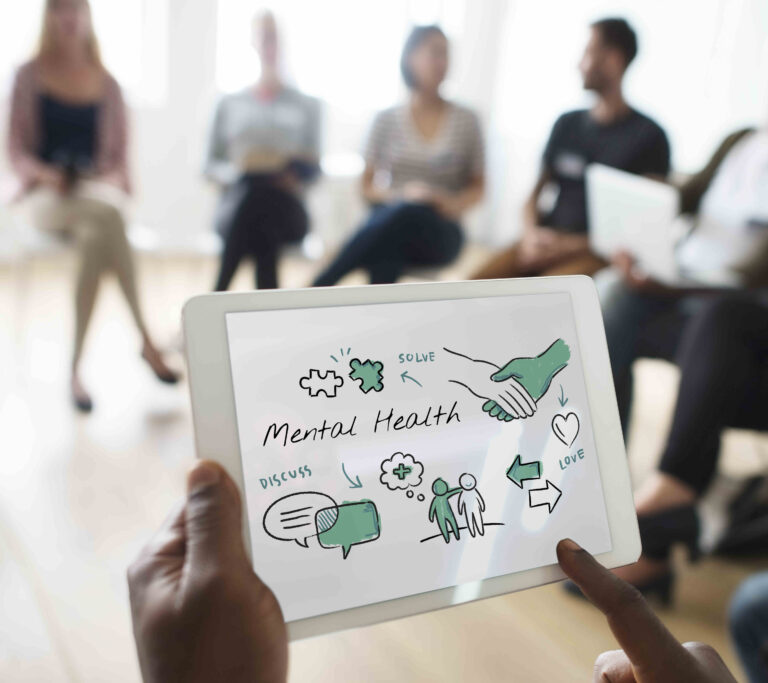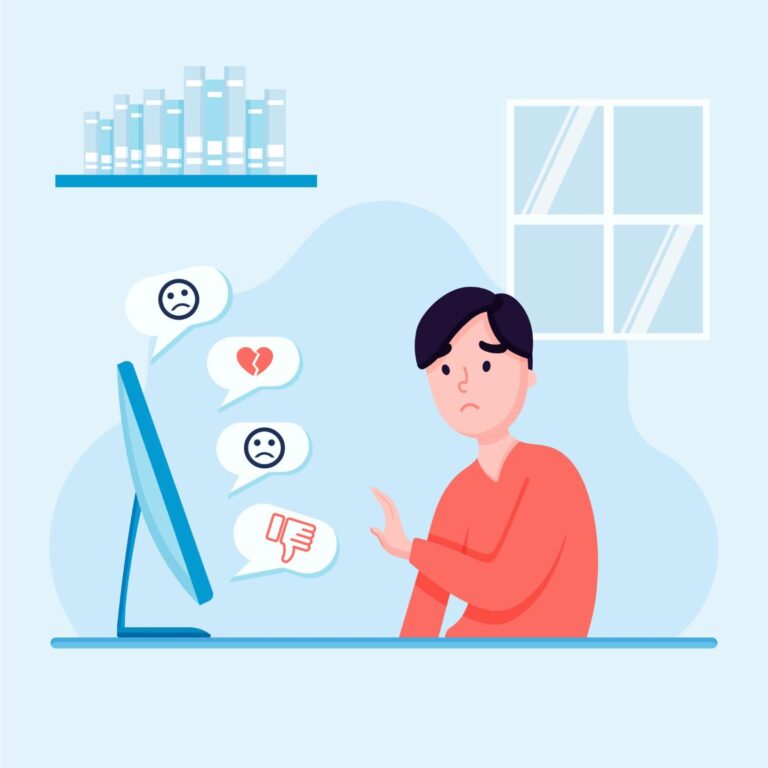Five Benefits of Mobile Health Apps for Protecting Mental Health

In an era defined by technological innovation, the landscape of mental health apps is undergoing a paradigm shift with the ascent of mobile health support services. These digital tools are rapidly becoming essential companions for individuals seeking to protect and nurture their mental well-being. Mobile health programs offer a new dimension of accessibility, convenience, and empowerment, enabling users to engage with tailored resources, professional guidance, and self-care strategies at their fingertips. As the world becomes increasingly interconnected, these apps bridge the gap between individuals and mental health support, transcending geographical limitations and challenging stigmas.
1. Accessibility and Convenience
The surge in mobile health programs has ushered in a new era of accessibility and convenience in mental health care. These apps bring a wide array of resources, support, and tools directly to users’ fingertips, transcending geographical and time constraints. Whether during a hectic workday or in the comfort of home, users can access a wealth of information, guided exercises, and coping strategies instantly.
The inherent convenience of mobile health apps offers a discreet and portable solution for addressing mental health concerns. With smartphones being ubiquitous, users can seek help without fear of judgment or stigma. These apps democratize access to mental health support, making it available to a broader audience and enabling users to proactively manage their well-being on their terms.
By enabling users to engage with mental health resources on their own schedule and in familiar surroundings, these cell phone health apps are redefining how individuals approach their mental well-being. This transformation marks a crucial step toward dismantling barriers and fostering a culture where mental health support is readily accessible, ultimately contributing to improved overall mental wellness.
2. Personalized Self-Care
These apps are redefining self-care by tailoring experiences to individual needs. Through data analysis and algorithms, these apps create personalized self-care plans, coping strategies, and exercises. Users can track their moods, symptoms, and preferences, enabling the app to adapt and offer relevant recommendations. This customized approach empowers individuals to proactively manage their mental well-being by providing tools that resonate with their unique circumstances.
The integration of personalized self-care not only enhances user engagement but also encourages a sense of ownership over one’s mental health journey. By leveraging technology for tailored support, these apps promote a more effective and engaging self-care routine. Users are equipped with resources that align with their specific challenges and goals, facilitating a deeper connection to their mental well-being. As mobile health programs continue to evolve, their ability to provide personalized guidance ensures that individuals receive the support they need to build resilience, reduce stress, and foster a holistic sense of mental wellness.
3. Access to Professional Support
Access to professional support is a critical asset that enables individuals to navigate challenges and achieve personal and professional growth. It encompasses a range of areas, from mental health guidance offered by therapists and counselors to career advice from coaches and advisors. Technical experts play a crucial role in aiding individuals with complex challenges in various fields.
The avenues for accessing this support have expanded in the digital age, with online platforms and virtual consultations offering convenient options. Additionally, many organizations recognize the importance of providing employee assistance programs, to ensure their staff can access the help they need.
4. Psychoeducation and Awareness
These apps are catalysts for psychoeducation and heightened awareness surrounding mental health. These apps serve as comprehensive resources, offering a plethora of information, interactive tools, and guided content that empowers users to understand mental health conditions, symptoms, and coping mechanisms. Through engaging modules, users can enhance their mental health literacy, diminish stigma, and foster open dialogue.
Beyond personal growth, mobile health programs contribute to raising societal awareness about mental health apps. They disseminate insights into the prevalence of mental health challenges, potential risk factors, and the benefits of seeking timely support. By delivering accurate and accessible information, these apps shatter misconceptions and encourage individuals to prioritize their mental well-being.
5. Stress Reduction and Mindfulness
These are playing a pivotal role in promoting stress reduction and mindfulness, offering users a range of tools and techniques to manage the demands of modern life. These apps often incorporate guided meditation sessions, deep breathing exercises, and mindfulness practices that can be accessed anytime, anywhere.
By providing a library of relaxation techniques, mobile health apps equip users with effective strategies to alleviate stress and anxiety. Regular use of these techniques can help users cultivate a heightened sense of self-awareness and emotional regulation, enabling them to navigate challenging situations with greater ease.
Furthermore, these apps encourage users to prioritize self-care and mental well-being. Through reminders and notifications, users are prompted to take breaks, engage in mindfulness exercises, and practice stress-relief techniques throughout their day. This proactive approach promotes a healthier relationship with stress and encourages users to adopt sustainable habits for managing their mental health.
Ultimately, These health apps in mobile are empowering individuals to take an active role in their stress reduction and mindfulness journey. By making these tools readily accessible, these apps contribute to a more balanced and resilient approach to life’s pressures, fostering improved overall mental well-being.
Conclusion
In the era of smartphones and digital interconnectedness, mobile health apps have emerged as formidable allies in the pursuit of mental well-being. Their impact is undeniable, offering a comprehensive toolkit that spans from personalized self-care strategies to professional support, breaking down geographical barriers, and destigmatizing seeking help. These apps have sparked a revolution by fostering psychoeducation, raising awareness, and promoting mindfulness, redefining the way we engage with mental health apps. As we conclude our exploration of their benefits, it’s clear that mobile health software is not just a technological innovations; it is a catalyst for a societal shift toward a more compassionate and proactive approach to mental well-being. By democratising access to resources and support, they empower individuals to take charge of their mental health journey, facilitating resilience and promoting emotional balance. As these apps continue to evolve, they hold the promise of a brighter future—one where mental health apps is nurtured and safeguarded with unprecedented accessibility and efficacy, ultimately contributing to a world where well-being knows no bounds.
Author
Ann Krutsko, Healthcare IT Researcher
With an eye for innovation, Ann applies her strategic thinking and deep understanding of the healthcare industry to create a solid strategy for ScienceSoft’s growth in the medical IT domain. Ann focuses her research on the needs of healthcare providers, medical device manufacturers, software startups, pharmaceutical companies, and other major market players to help tackle their challenges with technology.





